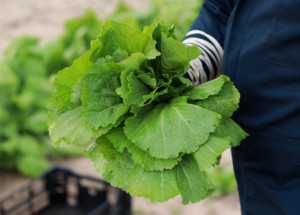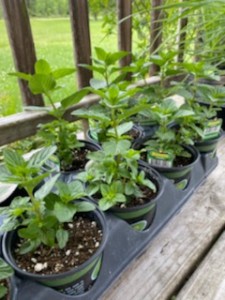OUR CHALLENGES
Societal Challenges: Poverty, lack of educational access, workforce challenges, rapid rate of urbanization, changing demographics, social unrest, growing population.
Environmental Challenges: Climate changes, sustainability, loss of farmland, and resource insecurity, including vulnerability to disease and weather-related disasters.
CAHS Internal Challenges: A climate that limits interdisciplinary collaborations and communication, declining infrastructure (both facilities and technology), a shortage of professional development opportunities for faculty and staff to stay current with rapidly changing technology, underutilization of our university farm, over dependence on capacity funding to the detriment of growth and diversity of the funding base, lack of diversified curricula including graduate curricula, and the constraints to expand research, teaching, and extension farm-use activities.
OUR OPPORTUNITIES
Areas needed by our clientele to grow and develop present advantages and opportunities for the CAHS:
All health and wellness advantages are consistent with the Texas A&M University System Chancellor’s new Healthy Houston initiative, part of the existing Healthy Texas initiative. Through this funded initiative the College will play a major role in educating Houston’s underserved communities.
There is growing recognition of the role of food-based solutions to improve health and wellness problems, including nutrition education, diet composition, better nutrition information, and gardening practices.
The CAHS has the opportunity to address these issues by developing technology-intensive solutions in the areas of food, health, and wellness that would lead to the advancement of underserved communities and society as a whole.
Through increased development of sustainable agriculture and local food systems, including urban agriculture and community gardens, the CAHS has the opportunity to make an impact on generations to come. Increased demand for niche crops such as microgreens, table grapes and orchids, as well as hemp, allow the CAHS to be on the cutting edge of research that also leads to growth of intellectual property and brings novel solutions to our clientele.
